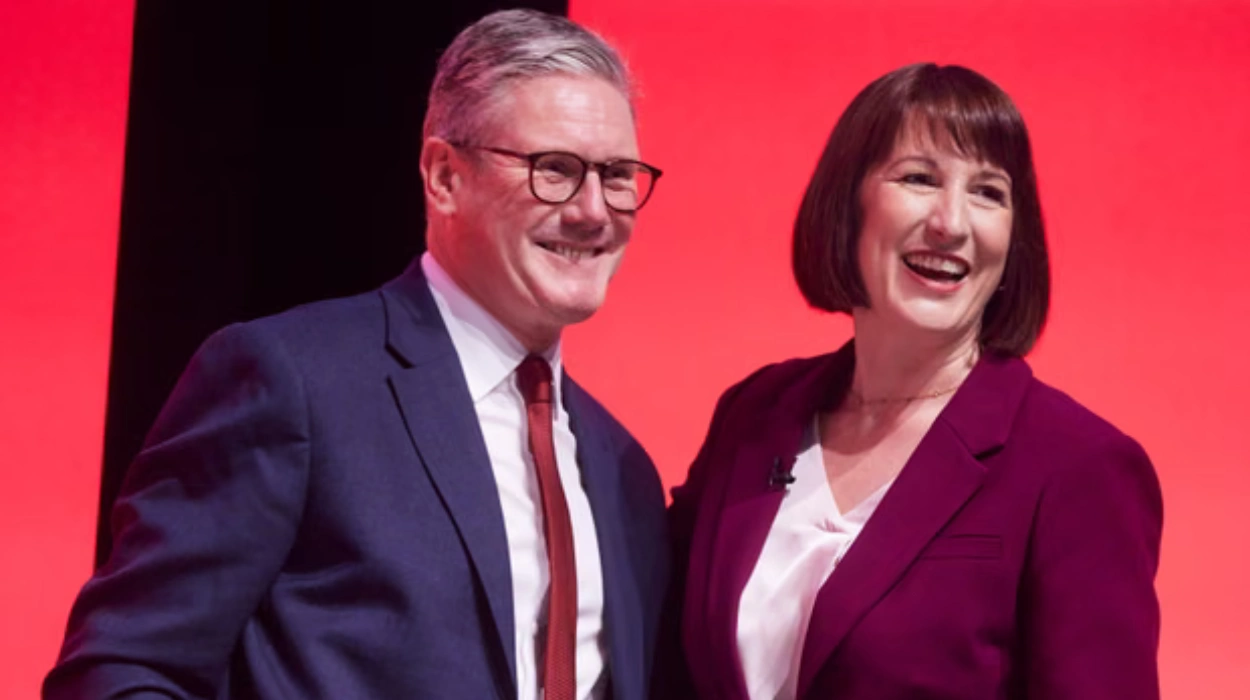UK (Parliament Politics Magazine) – Keir Starmer and Rachel Reeves face pressure from top economists to introduce a wealth tax, arguing it could reduce inequality and boost funding.
As reported by The Guardian, a group of top global economists has urged the Prime Minister and Chancellor to begin preparing Britain for a wealth tax in the autumn budget.
What did top economists urge Starmer and Reeves to do about wealth inequality?
Under mounting pressure to act, Prime Minister Keir Starmer and Chancellor Rachel Reeves are facing fresh calls from global economists.
Experts, including French inequality specialist Thomas Piketty, say a wealth tax could raise billions and boost the UK’s economic fairness.
In their letter to The Guardian, economists warned that Britain’s wealth has shifted into fewer hands, deepening inequality across the country.
The economists said,
“Keir Starmer and Rachel Reeves can build a tax system fit for the 21st century – that promotes fairness, first-class public services and good living standards for everyone.”
They wrote,
“We cannot allow extreme wealth inequality to deepen while millions of people are consigned to struggle for a basic quality of life. A progressive wealth tax is a critical step forward, and one that we urge the UK government to take.”
Economists have urged Britain to begin formal talks this autumn, insisting a wealth tax is both necessary and workable.
They stated,
“Starting at the autumn budget, the pieces of the puzzle – from consultation to design – can be collected to allow the government to roll out a wealth tax within this parliament. This could improve people’s lives in years to come and avoid austerity for key services we all benefit from.”
Who signed the letter urging the UK to tax wealth?
- Jayati Ghosh – Indian development economist
- José A. Ocampo – Former Colombian finance minister & ex-UN official
- Ha-Joon Chang – Globally acclaimed economist
More than two dozen economists argued that taxing net wealth over £10 million could generate significant revenue, enough to address deepening inequality.
What did Jayati Ghosh say about wealth tax and global fairness?
Jayati Ghosh said,
“Not only is a net wealth tax a vital step to tackle inequality and improve living standards, but it is obviously best done with international cooperation.”
She added,
“Keir Starmer and Rachel Reeves can position the UK as a progressive leader on the world stage. We urge them to work collaboratively with the international community to ensure that the super-rich pay their fair share, wherever they reside.”
What did the Treasury say about Reeves’ tax plans?
A Treasury source backed Ms Reeves, saying her focus was on boosting the economy to rebuild Britain’s national finances.
They added,
“We are committed to keeping taxes for working people as low as possible, which is why at last autumn’s budget, we protected working people’s payslips and kept our promise not to raise the basic, higher or additional rates of income tax, employee national insurance or VAT.”
What did Tax Justice UK estimate about a wealth tax?
- A 1%–2% tax on net wealth over £10 million
- Would affect only 0.04% of the UK population
- But it could generate up to £22 billion a year for the UK government
Institute for Fiscal Studies’ views on wealth tax
The IFS warned that introducing a standalone wealth tax in the UK could damage business confidence, provoke capital flight, and ultimately prove ineffective in tackling inequality.
It said implementing such a tax would require a new administrative system to assess assets. Experts warned the super-rich could exploit loopholes or exit the UK entirely.
Which countries still use wealth taxes – and which ones dropped them?
Countries that still use wealth taxes:
- Spain
- Norway
- Switzerland
Countries that have abandoned wealth taxes:
- Austria
- Denmark
- Germany


